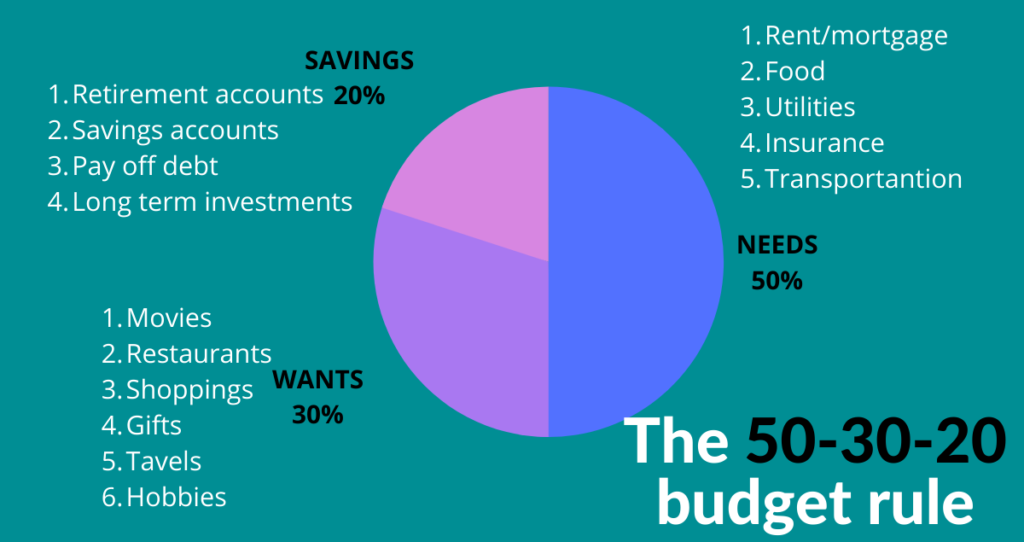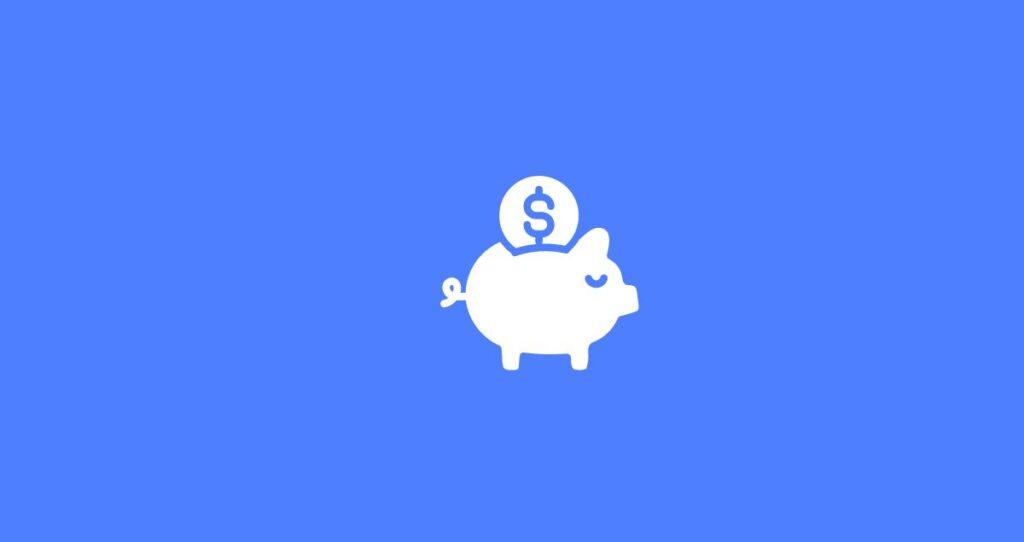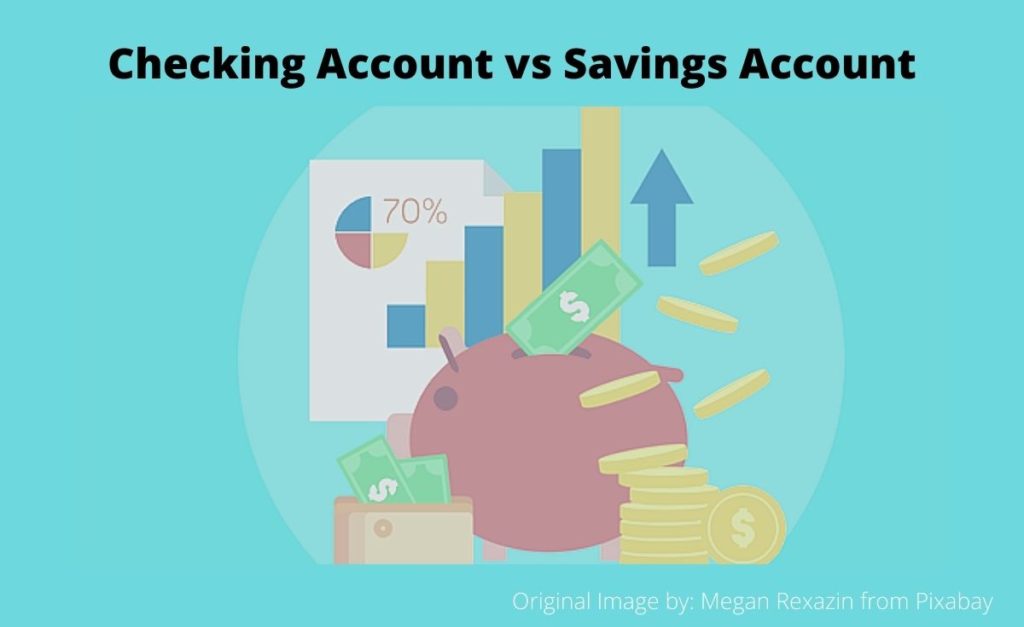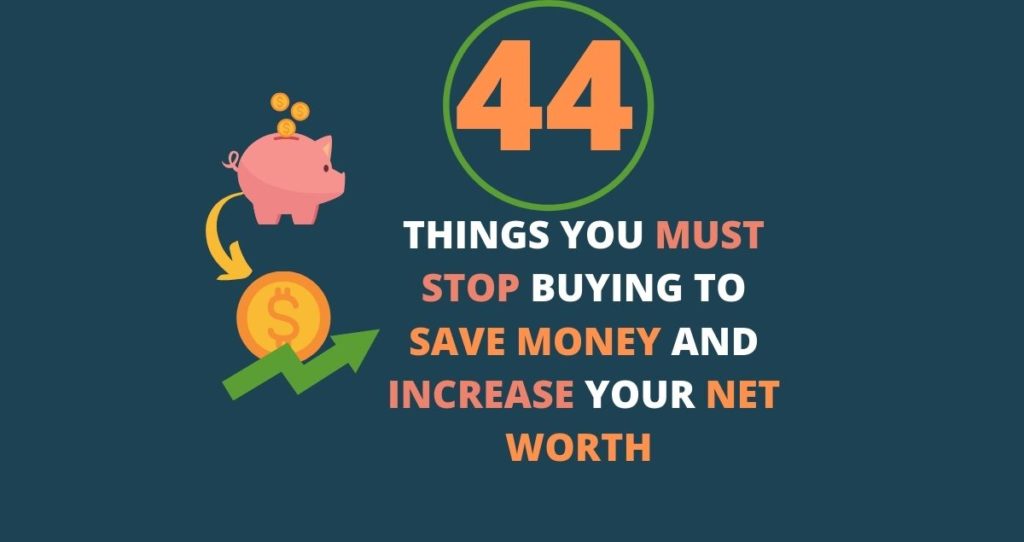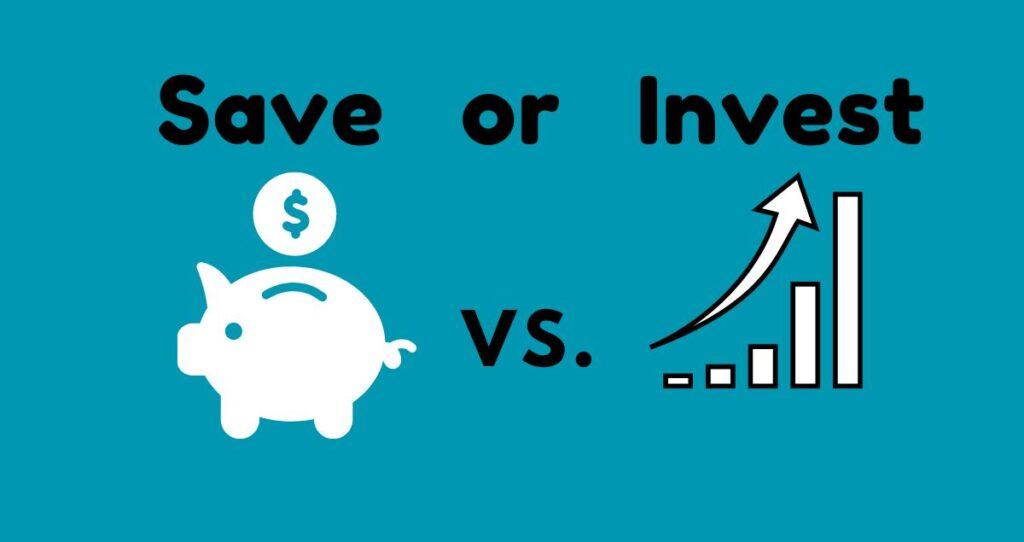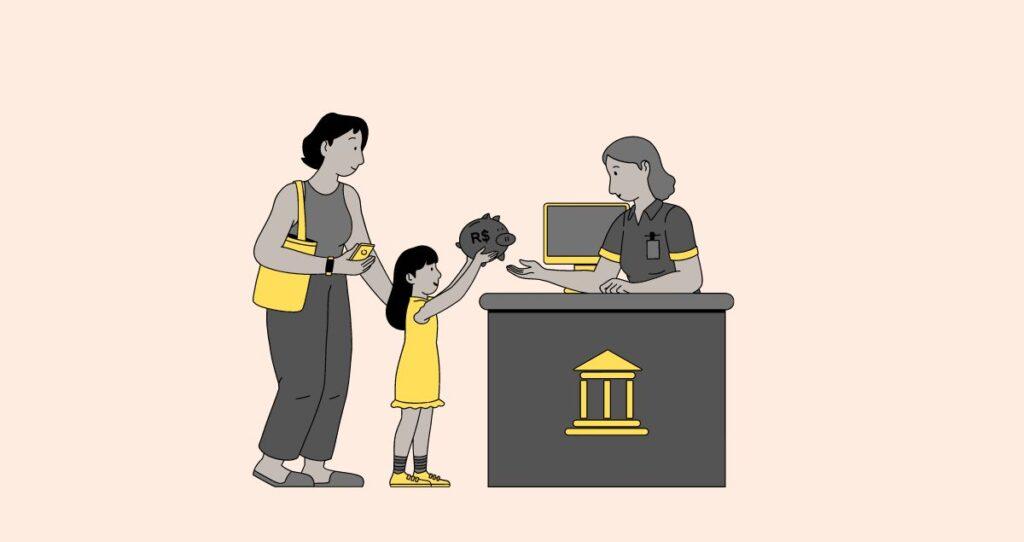An unbalanced budget is a budget where expenses are higher than revenues. The Cambridge Dictionary sums everything well: a budget in which more money is spent than comes in during a particular period.
Did you or your business spend more money than you planned last month or fiscal year? Then your budget for that particular period was an unbalanced budget.
Another term that is widely used in budgeting is a balanced budget. A balanced budget is a budget where the total expenses are equal to or less than the total income. Governments also use budgets to evaluate their financial standings.
When a government is spending less than it is making, the difference becomes a surplus. On the other hand, when a government is spending more money that is coming in, the difference is known as a deficit. For example, the US Federal Government had a surplus only in 2001. For the rest of the years after 2001, the government was in deficit.
In this article, you will learn what an unbalanced budget is and strategies you can use to balance yours.
Before we cover more about an unbalanced budget and how to balance it, we need to first cover the budget itself.
So,
What is a budget?
A budget is a spending plan designed for a specific time and it is put together based on expected income and expenses. The budget’s goal is to help you make sense of your finances through quantifications. When making a budget, you will list all incomes, expenses, and any savings you want to have in a given time.
A budget where expenses exceed total revenues or incomes is known as an unbalanced budget. You should always stay away from an unbalanced budget as much as you can. Otherwise, you could end up in financial trouble that will spell disaster in the future.
Related: What is budgeting and how does it really work?
Unbalanced budget example
Let’s assume that your monthly income is $3,000 and your current expenses are $2,000. With proper budgeting practices, you should not spend more than this income. The problem is that most people spend more than they make. Let’s assume that you ended up buying a house and a car with debt for the following month.
Each of these expenses will come with a monthly payment that includes the principal amount and interest. In addition, you will pay private mortgage insurance(PMI) if you did not have enough down payment.
With these added expenses, you would expect your monthly payment to be way more than what you are used to. Let’s assume that your total expenses ended up being $5,000.
Having these numbers in your budget will automatically make it an unbalanced budget. Let’s see how these numbers will look in a budget.
| Category | Dollar amount/month |
| Total income | $3,000 |
| Total expenses | $5,000 |
| Difference | ($2,000) |
The difference between your total income and total expenses is $2,000.
This is not just $2,000. It is $2,000 you are spending over budget. For your budget to be unbalanced, your expenses must be greater than your income. Since your expenses for the month became greater than your income, your budget for the month is unbalanced budget.
How to balance an unbalanced budget?

In order to balance an unbalanced budget, you will need a strategy. Your budget is unbalanced because you spend more money than you make or your business expenses are higher than revenues.
To solve this problem, you are going to use one of the following steps.
- Increase your income/revenues: The first answer that is a little harder to achieve depending on your current financial situation is to increase your income. That is right. If you want to balance your budget, you need to make enough money that at least matches your expenses. You can increase your income by:
- Generating more sales (for businesses) or
- Picking up a second job, getting a raise, starting your own business, a side hustle, etc. (for personal budget)
- Reduce your expenses: It is not easy to work with an unbalanced budget. The good news is that fixing it could be much easier than you think. You gotta have a strategy that works and stick to it. Reducing your expenses is the greatest way to balance your budget. The questions: How to reduce your expenses? The following steps/tips can help you reduce your expenses.
- Organize all your expenses in order of priorities. Also separate wants and needs (food is a need, but expensive watch is a want). You got the idea.
- Get rid of your wants and other expenses with least priorities
- Find a way to reduce how much you spend on your needs. For example, you can move from a $3,500 rental home to a $2,000 rental home. This would save you $1,500 per month. You can also stop buying brand name products and stick to generic products. You will save a ton.
- Stick to this plan until your budget is balanced.
- Reduce your expenses and increase your income at the same time: This strategy works best. First, you should always find a way to increase your income even if you are not trying to balance an unblanced budget. So, any extra cash you make will improve your financial status. Second, you should always reduce your expenses even if you are not working on your unblanced budget. Living within your means is always a winning financial strategy. So, it becomes much easier to balance your budget when you reduce your expenses and increase your income at the same time. This is because you will not have to cut down too much or work too hard to make up the difference.
Related articles
What are the disadvantages of an unbalanced budget?
By default, you should always avoid spending more money than you make. This is a dangerous practice and it only leads to long-term financial destruction.
From a business standpoint, having expenses that are higher than your revenues means that you are borrowing money to cover your expenses. Unless you are building systems and developing new products that will bring in more revenues to offset those expenses, you will find it difficult to stay in business. There is a breaking point for everything no matter how tough they are. Businesses are not immune to this rule. To stay in business longer, avoid an unbalanced budget and borrower only when you have to.
From a personal budget standpoint, having an unbalanced budget means that you are spending more money than you are making (your expenses are higher than your income). In order words, you are borrowing money to cover some of your expenses. As a result, you are getting into more debts every single day. That is how people end up spending every penny on their credit cards and turn to personal loans.

